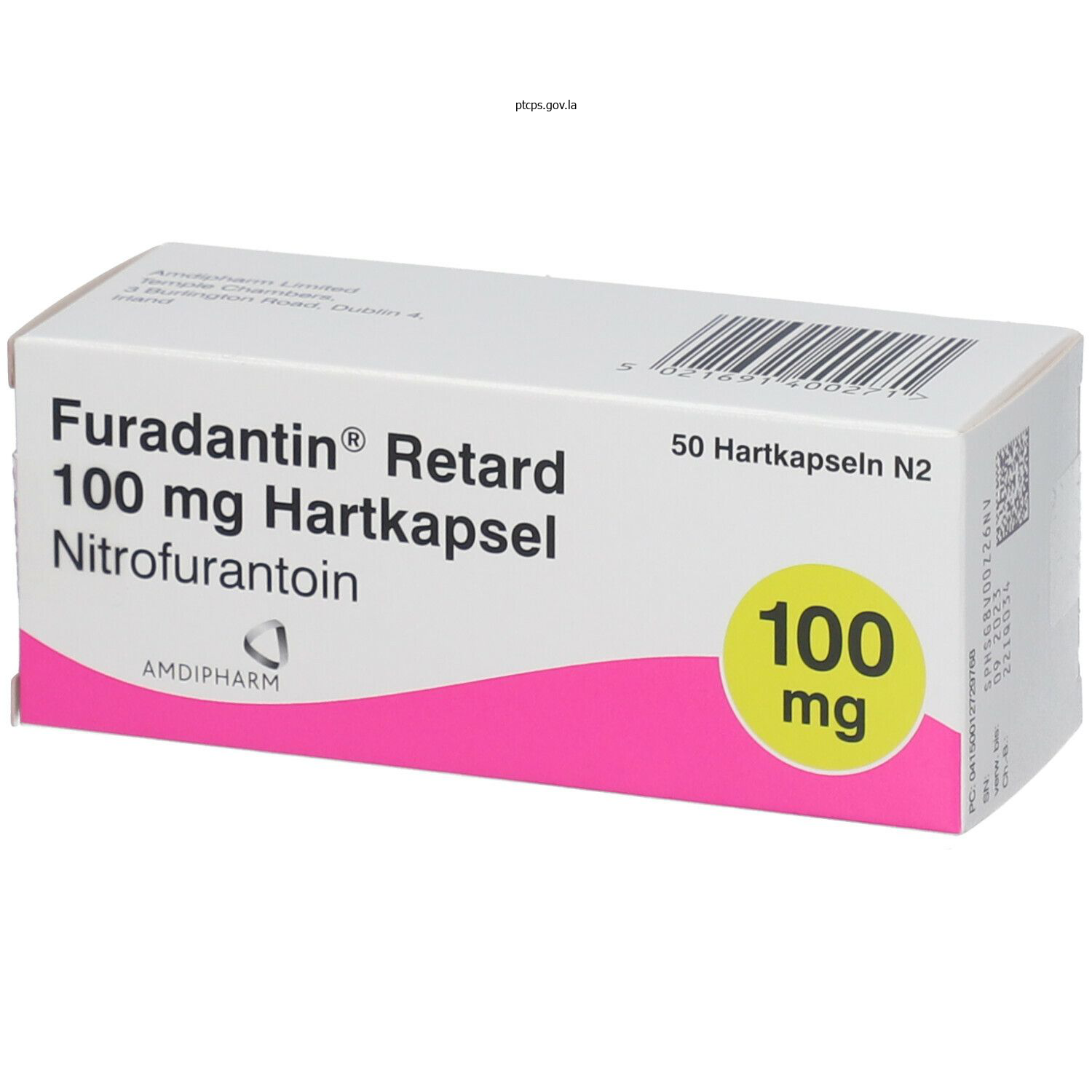
General Information about Furadantin
Furadantin, also known by its generic name nitrofurantoin, is an antibiotic medication that is commonly used to treat or prevent bladder infections. This medication belongs to a class of drugs called nitrofuran antibiotics, and it works by stopping the growth of bacteria that cause the infection. Furadantin is often prescribed for both acute and recurrent urinary tract infections, making it a popular choice among healthcare professionals.
Urinary tract infections (UTIs) are one of the most common types of bacterial infections, with women being more prone to them than men. These infections occur when bacteria, usually Escherichia coli (E. coli), enter the urinary tract through the urethra and multiply in the bladder. Symptoms of a bladder infection can include frequent and painful urination, a burning sensation during urination, and cloudy or bloody urine. If left untreated, UTIs can lead to more serious complications, such as kidney infections.
Furadantin works by inhibiting the growth and reproduction of bacteria. It does this by entering the bacterial cells and damaging their DNA, which prevents them from dividing and spreading. This action ultimately leads to the death of the bacteria, allowing the body's immune system to fight off the remaining infection.
One of the primary advantages of using Furadantin is its effectiveness against both gram-negative and gram-positive bacteria. This means that it can treat a wider range of bacteria than many other antibiotics, making it a reliable choice for treating UTIs. Additionally, Furadantin is a bacteriostatic rather than a bactericidal antibiotic, which means it doesn't kill bacteria outright but rather halts their growth. This mechanism of action allows the body's natural defenses to have a better chance of eliminating the bacteria and reducing the risk of recurrent infections.
One of the major limitations of Furadantin is its narrow spectrum of activity, meaning that it is only effective against certain types of bacteria. This is why it is primarily used to treat bladder infections rather than other types of bacterial infections. Before prescribing this medication, healthcare providers will usually test the bacteria causing the infection to ensure that Furadantin is the most suitable option for treatment.
Furadantin is available in different forms, including capsules and liquid suspension. The dosage and duration of treatment will depend on the severity of the infection, the individual's medical history, and other factors determined by their healthcare provider. It is essential to follow the prescribed dosage and complete the full course of treatment, even if symptoms subside, to prevent the recurrence of the infection.
Although Furadantin is generally considered safe and well-tolerated, like any medication, it can cause side effects. The most common side effects include nausea, vomiting, diarrhea, and loss of appetite. More severe side effects can occur in rare cases, such as liver toxicity, pulmonary toxicity, and an allergic reaction. It is essential to seek medical attention if any unusual or severe side effects occur.
In conclusion, Furadantin is a useful and effective antibiotic medication that is commonly used to treat and prevent bladder infections. Its potent action against bacteria and relatively low instance of side effects make it a reliable choice for healthcare professionals. However, it is essential to remember that antibiotics should be used sparingly and only as prescribed by a medical professional to prevent the growth of antibiotic-resistant bacteria.
Furadantin Dosage and Price
Furadantin 100 mg
- 360 pills - $201.19
- 180 pills - $110.15
- 120 pills - $85.99
- 90 pills - $69.95
- 60 pills - $52.99
- 30 pills - $31.95
Furadantin 50 mg
- 360 pills - $176.99
- 180 pills - $92.53
- 120 pills - $69.53
- 90 pills - $56.49
- 60 pills - $41.95
- 30 pills - $25.95
